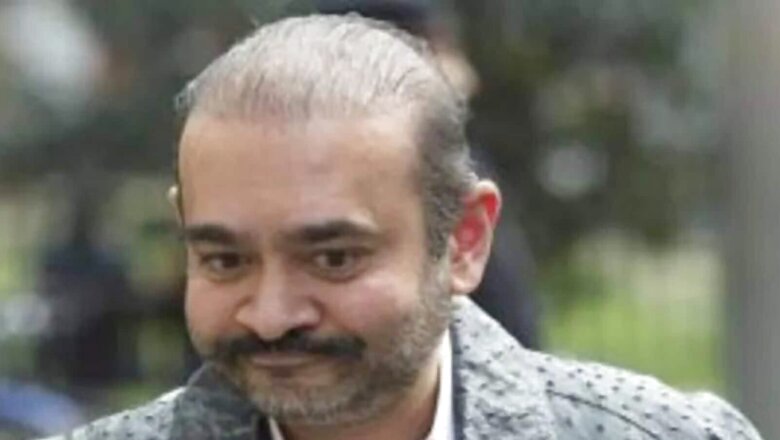
views
The UK High Court on Monday approved fugitive diamantaire Nirav Modi’s permission to appeal against extradition to India, on mental health grounds. He had cited poor conditions of Indian jails and increased “risk” of depression that may lead to suicide as arguments in a fresh appeal against extradition in the UK.
Justice Martin Chamberlain delivered his verdict today, held under the court’s Covid-19 video conferencing setting, to conclude that the arguments presented by Modi’s legal team concerning his severe depression and high risk of suicide were arguable at a substantial hearing.
He also noted that the adequacy of the measures capable of preventing successful suicide attempts at Arthur Road Jail in Mumbai, where Nirav Modi is to be detained upon extradition, also fall within the arguable ambit. At this stage, the question for me is simply whether the appellant’s case on these grounds is reasonably arguable. In my judgment, it is. I will grant permission to appeal on Grounds 3 and 4, Justice Chamberlain’s ruling notes.
Grounds 3 and 4 relate to Article 3 of the European Convention of Human Rights (ECHR), or the right to life, liberty and security, and Section 91 of the UK’s Criminal Justice Act 2003 related to fitness to plead. The judge noted that the arguments made under both grounds overlap in this case as they both rely principally on the appellant, Nirav Modi’s mental ill health.
“I will not restrict the basis on which those grounds can be argued, though it seems to me that there should be a particular focus on whether the judge was wrong to reach the conclusion he did, given the evidence as to the severity of the appellant’s [Nirav Modi’s] depression, the high risk of suicide and the adequacy of any measures capable of preventing successful suicide attempts in Arthur Road prison,” the ruling notes. Permission to appeal on all other grounds was declined and the case will now proceed for a substantive hearing before the High Court in London under Grounds 3 and 4. The diamond merchant, wanted in India to face charges of fraud and money laundering in the estimated USD 2-billion Punjab National Bank (PNB) scam case, meanwhile remains at Wandsworth Prison in south-west London.
Modi’s lawyer had on July 21 said that understaffing of doctors and overcrowding lead to delays in getting prisoners to hospitals when in need. He also cited Modi’s mental health risk and suicidal tendencies from the time his mother died by suicide when he was eight years old and systematic delays in getting psychiatric consultations.
Modi is likely to be at immediate risk of suicide if he is extradited, his lawyer argued that the event can trigger grave depression, which could lead to self-harm. Extradition must be refused for that reason, he had said.
Acknowledging his right to have consultations with a psychiatrist of his choice in Indian prisons, Modi had argued that approval for a visit would have to be taken from a judge based on their whims. Because of this, the permission might be severely delayed and may cause his condition to deteriorate. If the psychiatrist can get in into an overcrowded prison, there may be delays in giving him medicines by an overstretched staff, his lawyer said.
Arguing that private consultation has never been allowed in Arthur Road jail, Modi’s lawyer also cited a case in which a court denied permission for psychiatric evaluation. Due to the pandemic, the lawyer said getting a psychiatrist into the Covid-infested prison would be “difficult.”
“Covid-19 is rising in Maharashtra and is affecting this prison,” Modi had said in his appeal. “The healthcare system is near collapse.”
Helen Malcolm, the Crown Prosecution Service (CPS) barrister appearing on behalf of the Indian authorities, had argued against permission to appeal by reiterating that the expert evidence on Nirav’s mental health has not been disputed and that the regime awaiting him in Mumbai is based on assurances from the government of India of adequate medical care.
Such a high level of diplomatic assurance has never been breached, she had said, a point also asserted by the counsel appearing on behalf of the UK Home Secretary. There is nothing to suggest that the specialty arrangements in place (under the UK-India Extradition Treaty) are not effective, said Rosemary Davidson, as she countered the defence team’s representations based around other Indian extradition cases involving former Kingfisher Airlines boss Vijay Mallya and alleged cricket bookie Sanjeev Chawla.
The wanted diamond merchant’s extradition to India was already ordered by UK Home Secretary Priti Patel in the Punjab National Bank (PNB) scam case.
Mehul Choksi and his nephew Nirav Modi had fled India in the first week of January 2018, weeks before the scam in the PNB rocked the Indian banking industry.
Nirav Modi escaped to Europe and was finally held in London, where he is contesting his extradition to India, while Choksi took citizenship of Antigua and Barbuda in 2017, where he was staying since his escape from Delhi.
(with inputs from PTI)
Read all the Latest News, Breaking News and Coronavirus News here.













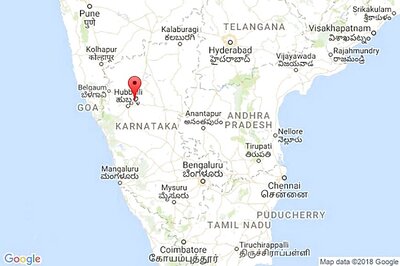
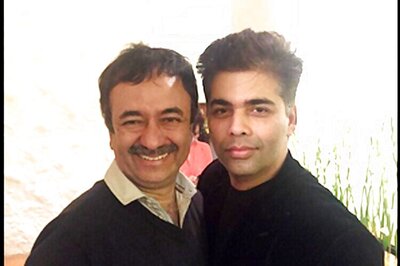
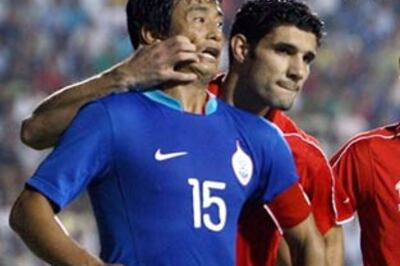
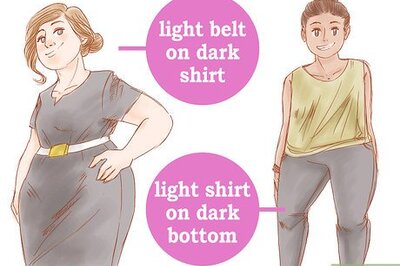
Comments
0 comment